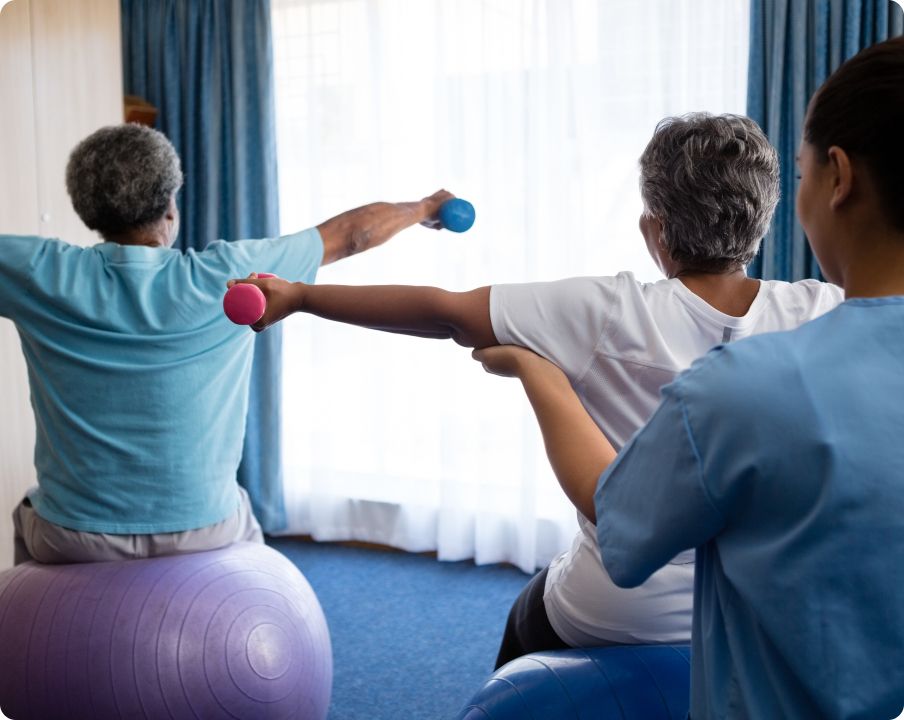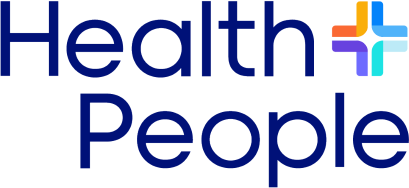An ongoing commitment to training and professional development leads to a skilled,
engaged and high-performing care workforce.
Partnerships with Australian training providers
In its final report, the aged care royal commission acknowledged the complex task of recruiting, retaining and empowering a workforce that’s capable of delivering the quality of care that Australians expect.
Investing in education provides workers with the space to continuously grow and learn, strengthens the delivery of safe, high-quality care and supports regulatory compliance. Health Plus People is an approved Pacific Australia Labour Mobility (PALM) scheme employer and has funding available (through the Australian Government’s Pacific Labour Facility) to help contribute to the costs of both accredited and non-accredited training for PALM workers.
Health Plus People partners with our clients’ preferred Registered Training Organisations (RTOs), as well as with select local providers, who are compliant with Australian Skills Quality Authority (ASQA) standards and demonstrate innovative learning and culturally and linguistically appropriate training approaches. The aim of these partnering initiatives is to encourage people to consider aged care as a career path and stay in the sector long-term.

A people-centered approach to training
Ongoing professional development is a must. That’s why Health Plus People looks at empowering its workers beyond the minimum standard of Certificate III. Working closely with our clients to identify their consumers’ needs and expectations, Health Plus People, as an approved PALM scheme employer, is able to tap into the Skills Development Program for Pacific and Timorese employees, while they are working in Australia.
Specialty education in areas such as dementia, palliative and wound care, and refresher courses in First Aid, Health and Hygiene, Chemicals Handling and others can be critical at upskilling workers in fundamental and essential areas of need for consumers, maintaining workers’ interest in the industry, and empowering them to advance their careers.

